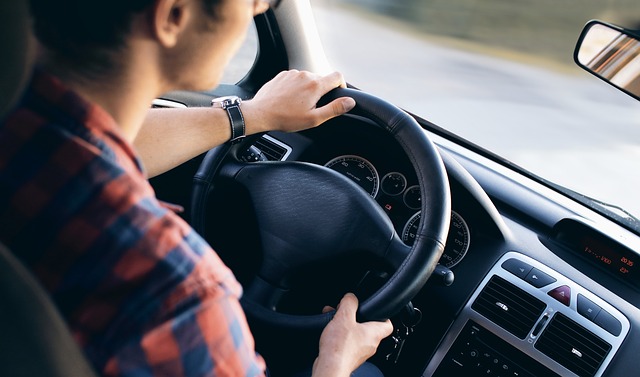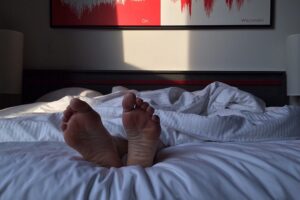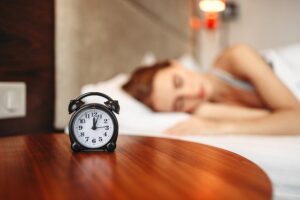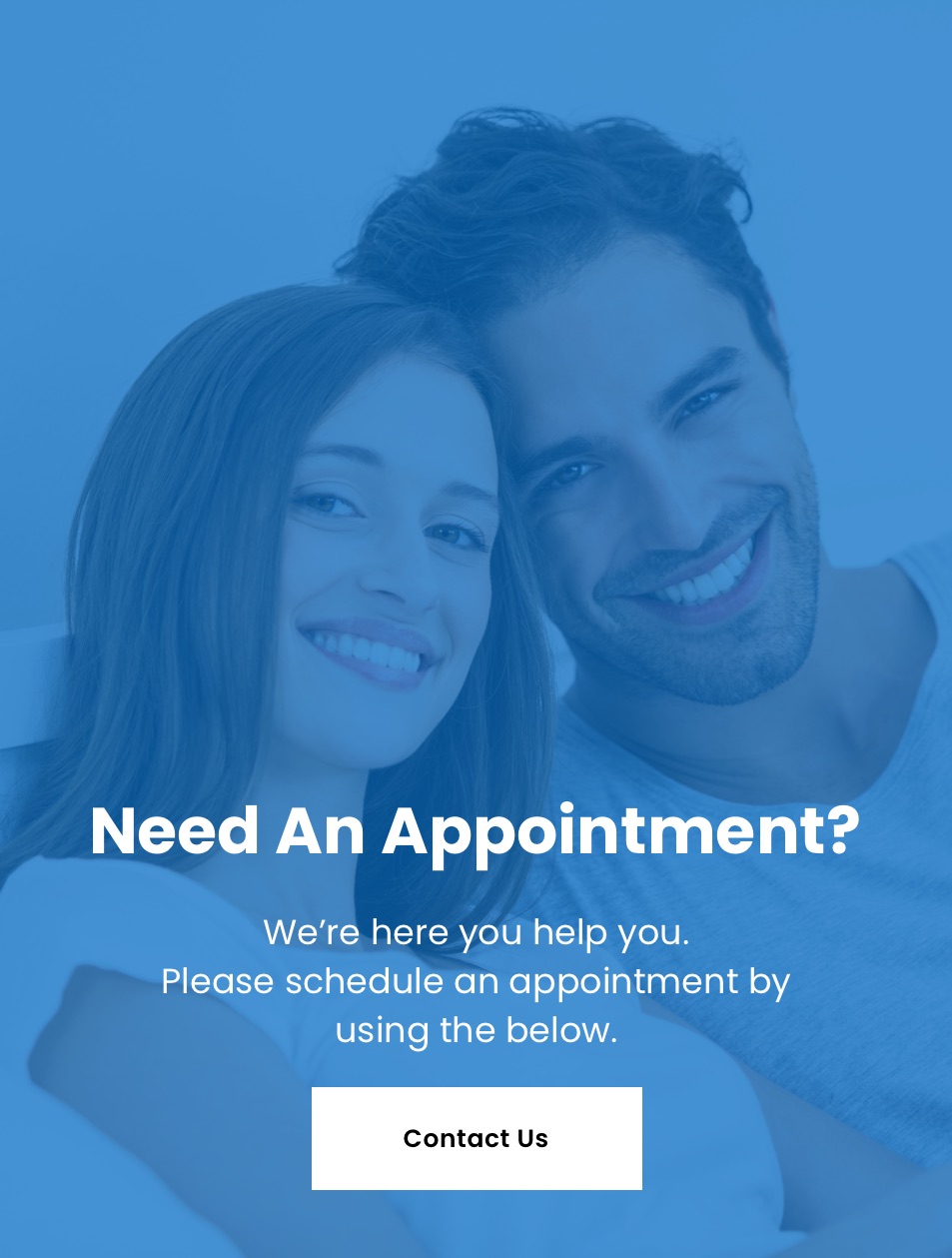Sleep Apnea and Driving Drowsy

It can happen before you know it. Accidents happen quickly, of course, or they would be prevented. Before the rise of cell phone use, eating, reading, and putting on makeup were the primary distractions. Next, texting and driving led to many accidents. Along with the dangers of texting and driving, now there are endless activities, around-the-clock work schedules and appointments, that all provide obstacles to driving responsibly and carefully. With so much vying for time, many fall asleep while driving. There are also those individuals who may suffer from sleep apnea or other sleep disorders but are not yet diagnosed. Obtaining a proper diagnosis can help save lives by preventing drowsy driving.
The Connection with Sleep Apnea
The most common cause of drowsy driving is sleep apnea. The literal translation of apnea is the “cessation of breathing.” This means that while you are sleeping, you stop breathing for a few seconds. These lapses in breathing may only last for about 10 seconds. But it can happen hundreds of times in a night if the case is severe.
One of the latest studies from the American Academy of Sleep Medicine found that vehicular accidents were reduced by 70% when sleep apnea patients used CPAP therapy for at least four hours a night. Once you are aware an issue exists, it helps you do what you need to do to prevent drowsy driving.
Dangers of Drowsy Driving
There can be many reasons for falling asleep while driving. Do you have any of these risk factors:
- Fatigued or sleep-deprived
- Working over 60 hours in a week
- Less sleep or jet lag because of travel
- Driving by yourself on dark, rural, or long roads
- Taking antihistamines or other sedating medications
- Shift work involving driving at late or overnight hours
Here are a few of the signs you should pay attention to while you are driving to prevent hurting yourself or someone else:
- Blinking frequently, rubbing your eyes, or yawning
- Not being able to remember the last few miles you drove
- Missing your exit
- Hitting the rumble stops on the side of the road
- Feeling irritable or restless
Try these before traveling to reduce the risk of falling asleep when you drive:
- Get plenty of sleep before you travel. Adults need 7 to 9 hours of good sleep to stay alert during the day.
- Schedule breaks about every 2 hours or 100 miles if you are taking a long trip
- Arrange to have someone travel with you
- Avoid using alcohol and medications that have a sedative effect (Discuss your medications with your doctor.)
- Don’t just stare at the road ahead, move our eyes around and focus on objects both near and far.
High-Risk Groups for Driving Drowsy
Anyone can develop sleep apnea, and for some, it may go undiagnosed until an accident occurs. The risk of crashing a vehicle because of driving drowsy isn’t the same for everyone. According to the latest research, those who are most likely to fall asleep and crash while driving includes young males, commercial drivers, shift workers, and individuals who have untreated sleep disorders, and those with chronic or long-term sleep deprivation.
In general, those who work more than 60 hours weekly should be careful, as should commercial drivers. About 15% of truck-related accidents involve a driver who was fatigued. Business travels are often suffering from jet lag. And individuals with untreated sleep apnea are about seven times more likely to fall asleep behind the wheel.
Contact a Dental Sleep Specialist
If you find that you have trouble staying awake when driving, or if you feel tired throughout the daytime hours, you may have an untreated sleep disorder like sleep apnea. After you have received your diagnosis from a physician and done your sleep study, Dr. Earl K. Bogrow at the Michigan Sleep Apnea Center can help find the sleep apnea dental appliance that is right for you. We invite you to call us for a consultation to discuss your options. Thousands of people are treated every year for sleep apnea and other sleep disorders. Contact us today and let us help you get better sleep so you can drive safely again.









